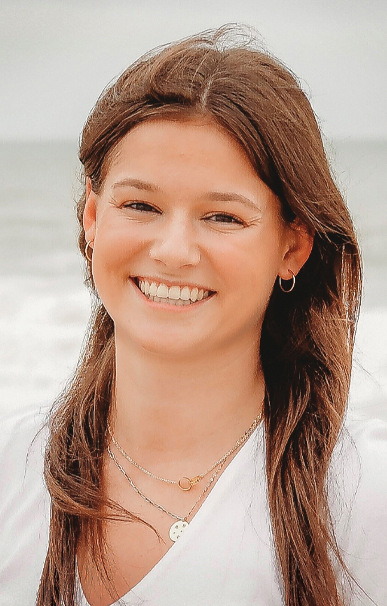Caroline Adkins ’22


Civil and Environmental Engineering
Modeling Hydrogel Swelling in a Cohesive Granular Medium
Certificate(s): Global Health and Health Policy, Sustainable Energy, Engineering Biology
On the surface, hydrogels resemble small colorful beads. In reality, these little beads can absorb about six times their weight in water, making them extremely useful water reservoirs that can be employed in a variety of contexts. The agricultural industry is a big consumer of this technology, leveraging hydrogels’ absorbent potential to combat water stress in crops during drought. In some cases, the distribution of hydrogels in soil successfully increases crop yields while simultaneously reducing necessary water inputs. In other cases, for unknown reasons, we see the complete opposite outcome. To help solve this mystery, I developed a computer model to simulate how a hydrogel may (or may not) swell under varying soil conditions. Once the model was complete, we obtained quantifiable evidence that the weight and cohesivity of soil can have drastic effects on hydrogel swelling, indicating that the technology would be more effective in lighter, more compressive soils. As I enter my senior year, I will apply everything I learned — a new coding language, technical polymer physics, hydrogel mechanics and more — as I continue to work with hydrogels in the Datta Lab and explore their vast environmental potential.
2021
Water and the Environment
Datta Lab, Department of Chemical and Biological Engineering, Princeton University
Sujit Datta, Assistant Professor of Chemical and Biological Engineering; Jean-François Louf, Assistant Professor in Chemical Engineering, Auburn University



